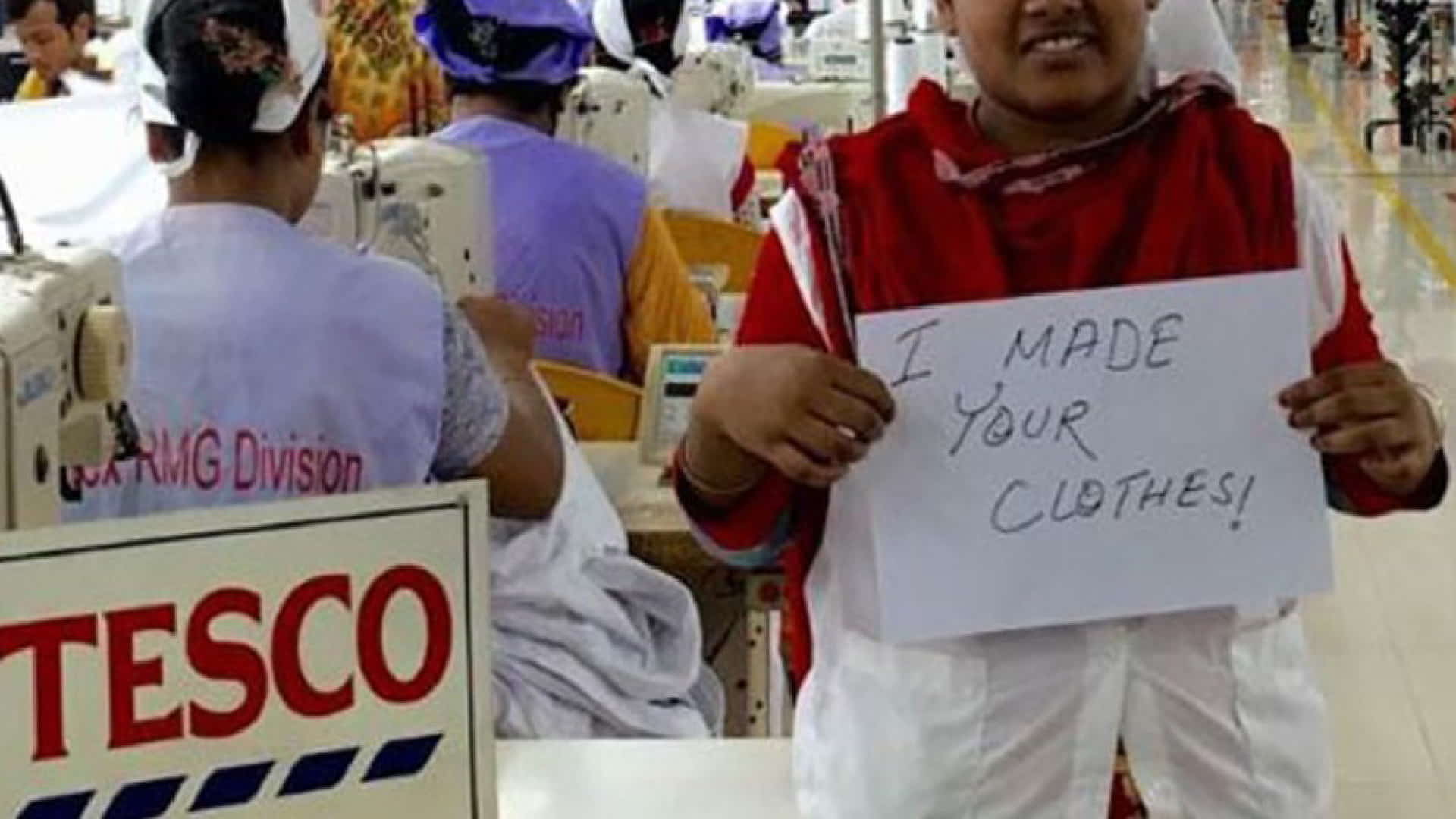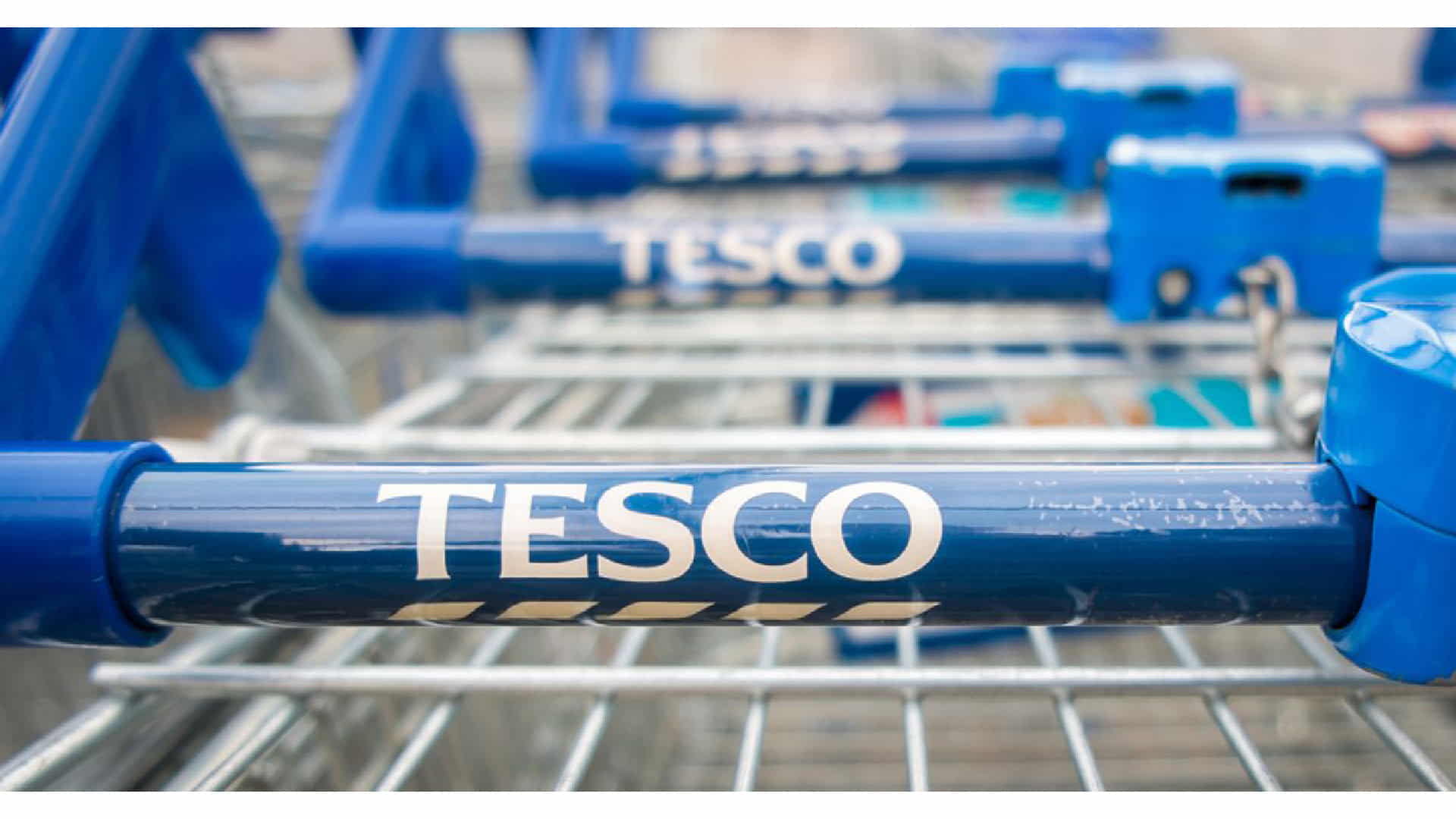Garment workers in Thailand are bringing a landmark legal case against UK-based multinational grocery and general merchandise retailer Tesco and social auditing firm Intertek for negligence and against Tesco for unjust enrichment. In this context, the workers are bringing a legal claim against Tesco PLC; Ek-Chai Distribution System Company Limited, owned by Tesco PLC until 2020; and the UK headquartered auditing companies Intertek Group PLC and Intertek Testing Services (Thailand) Limited which inspected and certified V.K. Garments’ working conditions and practices and Tesco’s F&F products.
According to the news on the Clean Clothes Campaign’s website, it is alleged in a legal action brought by a group of workers, Burmese migrants were made to work up to 99 hours a week on unlawful wages and in forced labour conditions at a Thai factory making clothes for Tesco’s F&F fashion range. A letter before action detailing the allegations has been sent on behalf of 130 migrant factory workers and one migrant child by law firm Leigh Day. Leigh Day has asked Tesco and Intertek to settle the workers’ claim and it is stated that if this does not occur, the workers will consider progressing the matter in the High Court.
Tesco lawyers have responded to state that the company does not accept that the legal letter discloses any arguable claims against Tesco and does not accept that the claims should be brought in England. It says that under Thai law Tesco was not duty-bound to protect the claimants in relation to alleged negligence.
Tesco is accused of ‘unjust enrichment’
Tesco and Ek-Chai are accused of negligence for permitting, facilitating and/or failing to prevent the unlawful working and housing conditions which caused the workers injuries and losses. They are also accused of being unjustly enriched at the expense of the adult workers and are liable to make restitution of that enrichment under Thai law.
Intertek is accused of negligence for failing to identify and/or report the unlawful working and housing conditions, causing injury to the workers.

In the legal case, it is claimed that impoverished migrants were paid at most just £4 a day, working seven days a week, trapped in a cycle of forced labour and debt bondage at a V.K Garments factory in Mae Sot. Bosses controlled their migrant worker permissions and immigration documents, and housed them in unfit and overcrowded conditions where they slept on cement floors with little or no privacy due to there being no locks, walls or ceilings, it is alleged.
Intertek Plc have responded and deny any liability on the basis they have no contractual relationship with Ek-Chai, VK Garments or the Claimants and that Intertek Thailand conducted audits under industry standards and by auditors pre-approved by Tesco. Ek-Chai, Tesco’s Thai subsidiary until 2020, also denies liability primarily on the basis that they had no involvement in the employment conditions at VK Garments.
Workers claim that significant proportion of Tesco’s profit comes from cheap/free labour
The Tesco Group had operations in Thailand from 1998 to 2020. The business generated £50 billion revenue, and £1-2 billion in profit each year between 2015 and 2020. The F&F clothing business is worth £1.7 billion and the workers claim that a significant proportion of its profits are likely to be attributable to the low operating costs and use of cheap and/or free labour at the Mae Sot factory in Thailand. The legal case asserts that Tesco PLC consistently sourced F&F clothing from the factory from 2017 to 2020 and was aware of the origin of the clothing and was also aware, or ought reasonably to have been aware, of the unlawful housing conditions and factory working conditions and practices.
It is stated that Intertek consistently conducted audits at the V.K. Garments factory between 2017 and 2020 and did not accurately identify or report what was happening at the factory and housing.
DPLW refused workers’ demands in 2020 relying on an Intertek audit
The workers, who are all Burmese migrants who had fled war or left Myanmar in the hope of finding safety and work in Thailand, worked at the V.K Garments factory in Mae Sot between 2017 and 2020 in various roles including cutting, tailoring, and packing.
In 2020, the workers filed a complaint with the Thai Department of Labor Protection and Welfare (DLPW) about the factory’s failure to pay two years’ of full wages including holiday pay and overtime, severance pay and severance pay in lieu of advance notice, totalling £ 765,000. Relying on an Intertek audit, the DPLW refused to order the factory to pay most of the wages sought by the workers and instead ordered the factory to only pay severance pay.

